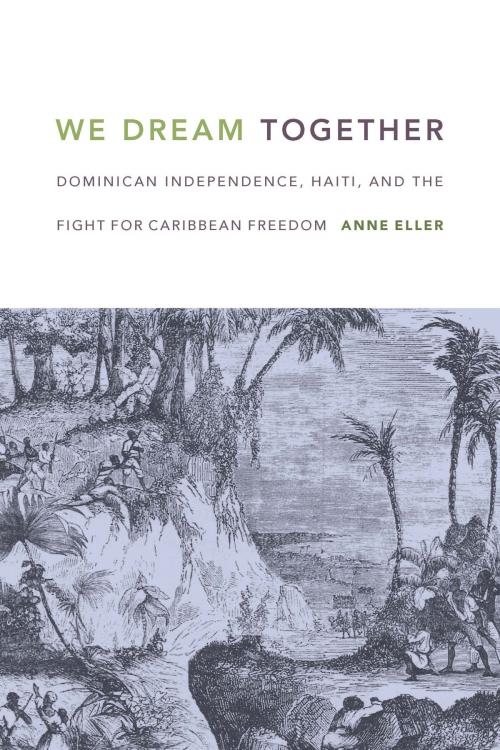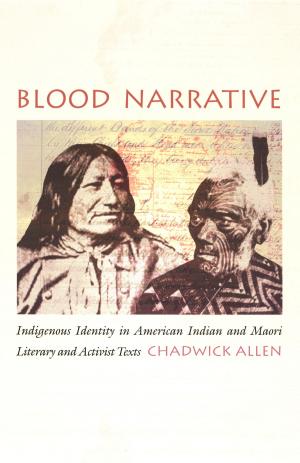We Dream Together
Dominican Independence, Haiti, and the Fight for Caribbean Freedom
Nonfiction, History, Americas, Caribbean & West Indies| Author: | Anne Eller | ISBN: | 9780822373766 |
| Publisher: | Duke University Press | Publication: | November 17, 2016 |
| Imprint: | Duke University Press Books | Language: | English |
| Author: | Anne Eller |
| ISBN: | 9780822373766 |
| Publisher: | Duke University Press |
| Publication: | November 17, 2016 |
| Imprint: | Duke University Press Books |
| Language: | English |
In We Dream Together Anne Eller breaks with dominant narratives of conflict between the Dominican Republic and Haiti by tracing the complicated history of Dominican emancipation and independence between 1822 and 1865. Eller moves beyond the small body of writing by Dominican elites that often narrates Dominican nationhood to craft inclusive, popular histories of identity, community, and freedom, summoning sources that range from trial records and consul reports to poetry and song. Rethinking Dominican relationships with their communities, the national project, and the greater Caribbean, Eller shows how popular anticolonial resistance was anchored in a rich and complex political culture. Haitians and Dominicans fostered a common commitment to Caribbean freedom, the abolition of slavery, and popular democracy, often well beyond the reach of the state. By showing how the island's political roots are deeply entwined, and by contextualizing this history within the wider Atlantic world, Eller demonstrates the centrality of Dominican anticolonial struggles for understanding independence and emancipation throughout the Caribbean and the Americas.
In We Dream Together Anne Eller breaks with dominant narratives of conflict between the Dominican Republic and Haiti by tracing the complicated history of Dominican emancipation and independence between 1822 and 1865. Eller moves beyond the small body of writing by Dominican elites that often narrates Dominican nationhood to craft inclusive, popular histories of identity, community, and freedom, summoning sources that range from trial records and consul reports to poetry and song. Rethinking Dominican relationships with their communities, the national project, and the greater Caribbean, Eller shows how popular anticolonial resistance was anchored in a rich and complex political culture. Haitians and Dominicans fostered a common commitment to Caribbean freedom, the abolition of slavery, and popular democracy, often well beyond the reach of the state. By showing how the island's political roots are deeply entwined, and by contextualizing this history within the wider Atlantic world, Eller demonstrates the centrality of Dominican anticolonial struggles for understanding independence and emancipation throughout the Caribbean and the Americas.















